Throughout my career in forensic psychology, I've been fortunate to undergo one-on-one training with some of the field's most adept evaluators, allowing me to hone specific practice specialties. This personalized guidance has been invaluable, providing me with the nuanced skills and knowledge crucial for this complex intersection of psychology and law. However, as I've spent considerable time in court settings, I've observed a rising trend of clinical psychologists making the transition into the forensic arena without the requisite training or, more critically, without the appropriate approach.
While there's an abundance of training programs and literature available, it's essential to discern which resources truly bridge the inherent gaps between clinical psychology and its forensic application. Throughout my intensive research and firsthand experiences, I've identified several standout materials and methods that can make a profound difference.
In my explorations, one scholarly article that stands out is 'Civil Forensic Evaluation in Psychological Injury and Law: Legal, Professional, and Ethical Considerations', penned by William E. Foote, Jane Goodman-Delahunty, and Gerald Young. This work is a must-read for those keen on delving into the intricate intersections of our profession." I invite and encourage feedback, suggestions, and shared experiences in the comments below. Let's ensure that as the field evolves, we do so with rigor, integrity, and the best interests of those we serve at heart.Let’s dive into some of the topics covered in the article
Critical Topics in the Law & Psychological Injury
The article further unveils essential topics that both newcomers and seasoned professionals must grasp to effectively operate in cases that may proceed to court or related legal tribunals.
The fundamental tenets of any psychological or mental health work—privacy, confidentiality, and privileged information—are examined first. However, this article provides a fresh perspective by scrutinizing these principles through a legal lens. Sequentially, the article ventures into aspects like retention by legal counsel, financial arrangements, role-related topics, competence, adherence to timelines and deadlines, and evaluations—a segment that stands out for its thoroughness. The journey continues through the realms of discovery, expert testimony, and finally, concluding a case.
Each of these pivotal topics is elaborated upon with precision and clarity. Periodically, the article emphasizes caution, highlighting pitfalls practitioners might stumble upon. At its core, it urges the need for professionals to be acutely aware of the prevalent standards, guidelines, rules, and regulations. An emphasis is laid on the importance of remaining impartial, being scientifically grounded, and ensuring one's work is comprehensive—addressing all facets to meet the court or related tribunal's expectations. A critical takeaway for practitioners is the reminder that, in the forensic realm, the primary client is always the court or tribunal. This perspective surpasses the interests of the referral source or other involved parties.
The adversarial nature of psychological injury and law is unmistakably outlined. The inherent dynamics, where plaintiffs and defense stand as adversaries, subjects psychologists or mental health workers to potential influences. Such influences may subtly or overtly push professionals to align their testimonies or reports to reinforce the case theory of the referring party. While attorneys might exert pressure, aligning with their commitment to their clients, the article unequivocally underscores that psychologists and mental health professionals must adhere to legal, ethical, and professional standards. This means functioning unbiasedly in every case, prioritizing the interests of the court or tribunal over all other stakeholders, especially the referring party.
While centered on psychological injury, the article's brilliance lies in its applicability across forensic practice areas, from engaging with attorneys to financial agreements and result presentation. It's not merely a guide but a paradigm shift, encapsulating wisdom that is both profound and universally relevant.
The dedication, research, and expertise underpinning this article are palpable, reflecting the very excellence we should all strive for. Whether you're directly involved in psychological injury or you're venturing into other forensic terrains, this piece is indispensable.
With great pride and confidence in its transformative potential, I'm thrilled to share this exemplary work. Dive in, absorb its wealth, and let it shape our collective future in forensic psychology.
